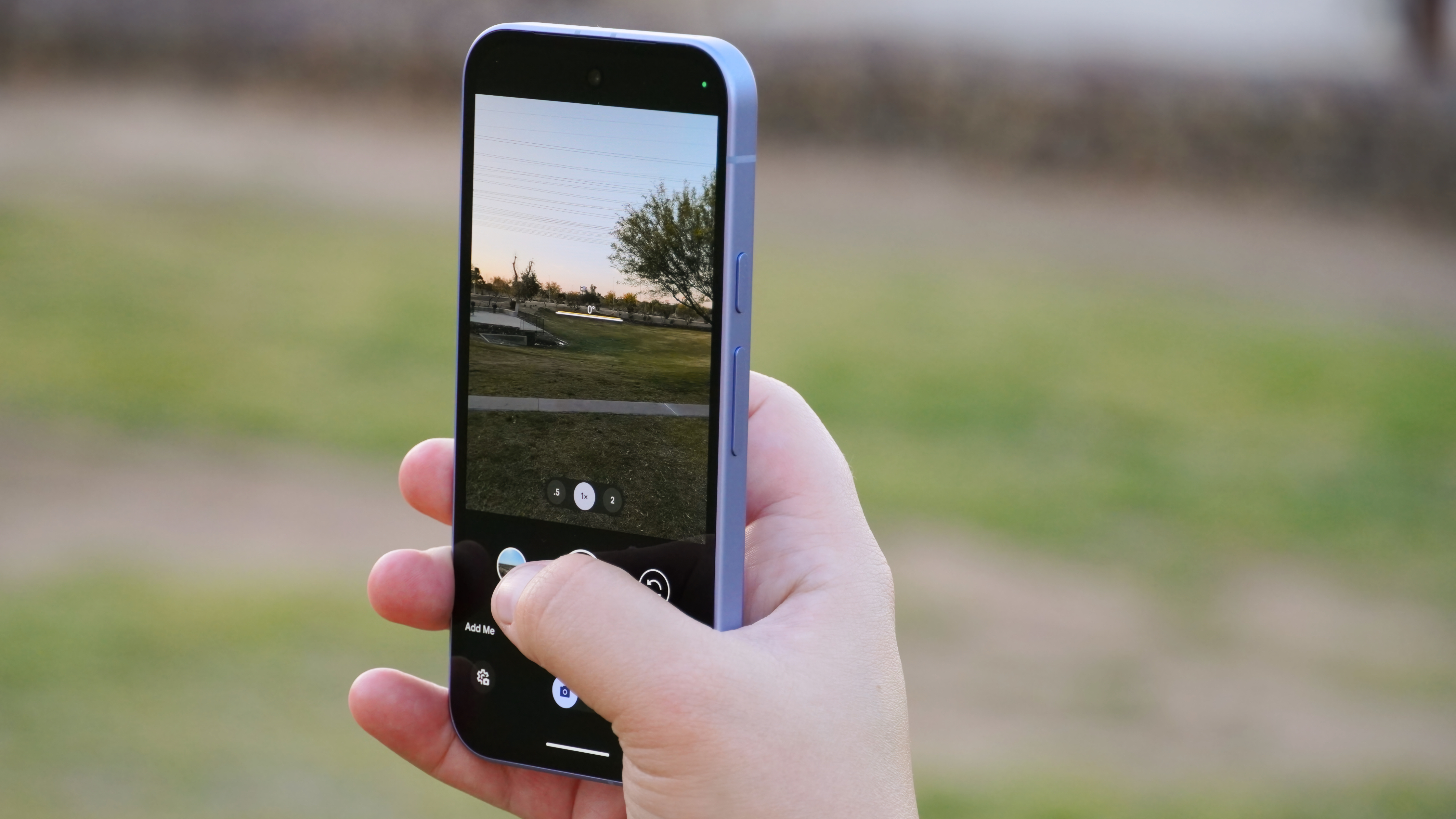Ask Jerry: Should you worry about Chinese smartphones?
Let's talk about tech.

Get the latest news from Android Central, your trusted companion in the world of Android
You are now subscribed
Your newsletter sign-up was successful
Welcome to Ask Jerry, where we talk about any and all the questions you might have about the smart things in your life. I'm Jerry, and I have spent the better part of my life working with tech. I have a background in engineering and R&D and have been covering Android and Google for the past 15 years.

Ask Jerry is a column where we answer your burning Android/tech questions with the help of long-time Android Central editor Jerry Hildenbrand.
I'm also really good at researching data about everything — that's a big part of our job here at Android Central — and I love to help people (another big part of our job!). If you have questions about your tech, I'd love to talk about them.
Email me at askjerryac@gmail.com, and I'll try to get things sorted out. You can remain anonymous if you like, and we promise we're not sharing anything we don't cover here.
I look forward to hearing from you!
Is it safe to use Chinese hardware?
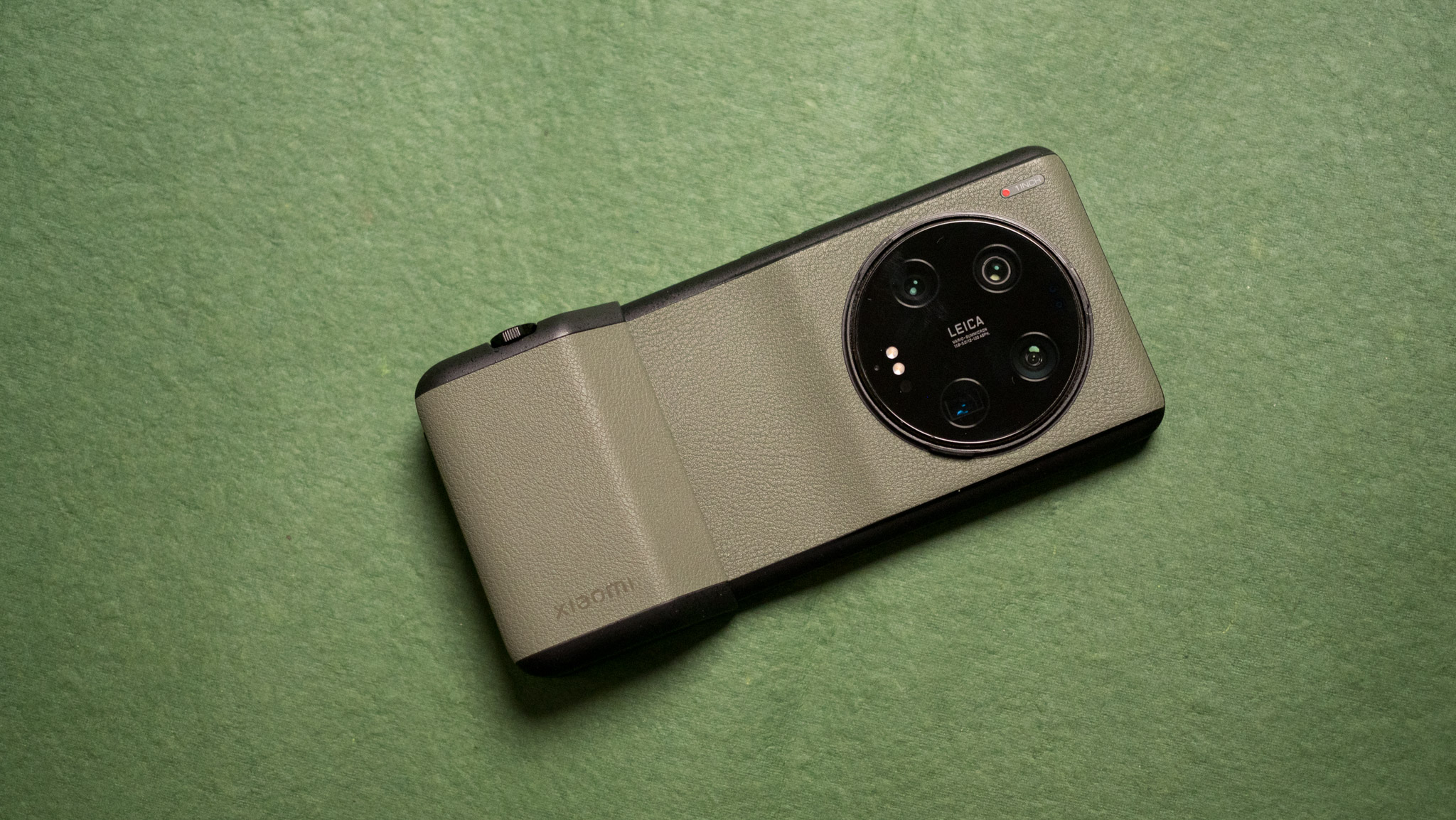
Steven writes:
How concerned should I be about the security of Chinese-made electronics? Are any types of products more or less vulnerable? Any warning signs to look for? What steps should be taken to protect oneself?
A spicy topic here! I'm also really glad you asked because I think a lot of people have the same concerns. We hear scary stories about China nearly every week, and some of them have to be true, right?
Get the latest news from Android Central, your trusted companion in the world of Android
There's no easy answer for this one because all of your concerns may be valid. Hardware and software backdoors exist, and China is known to monitor smartphone usage closely. An easy way to do that would be to plant a tool in every device that helps. It would be hard to get away with doing it and not get caught, but hard doesn't mean impossible.
That said, I have never heard about an actual hardware backdoor being present in a Chinese-made device. That could mean it's done so stealthily that nobody has ever found them, or it could mean it's not done. I'd bet on the latter simply because software backdoors are far easier, and those do exist.
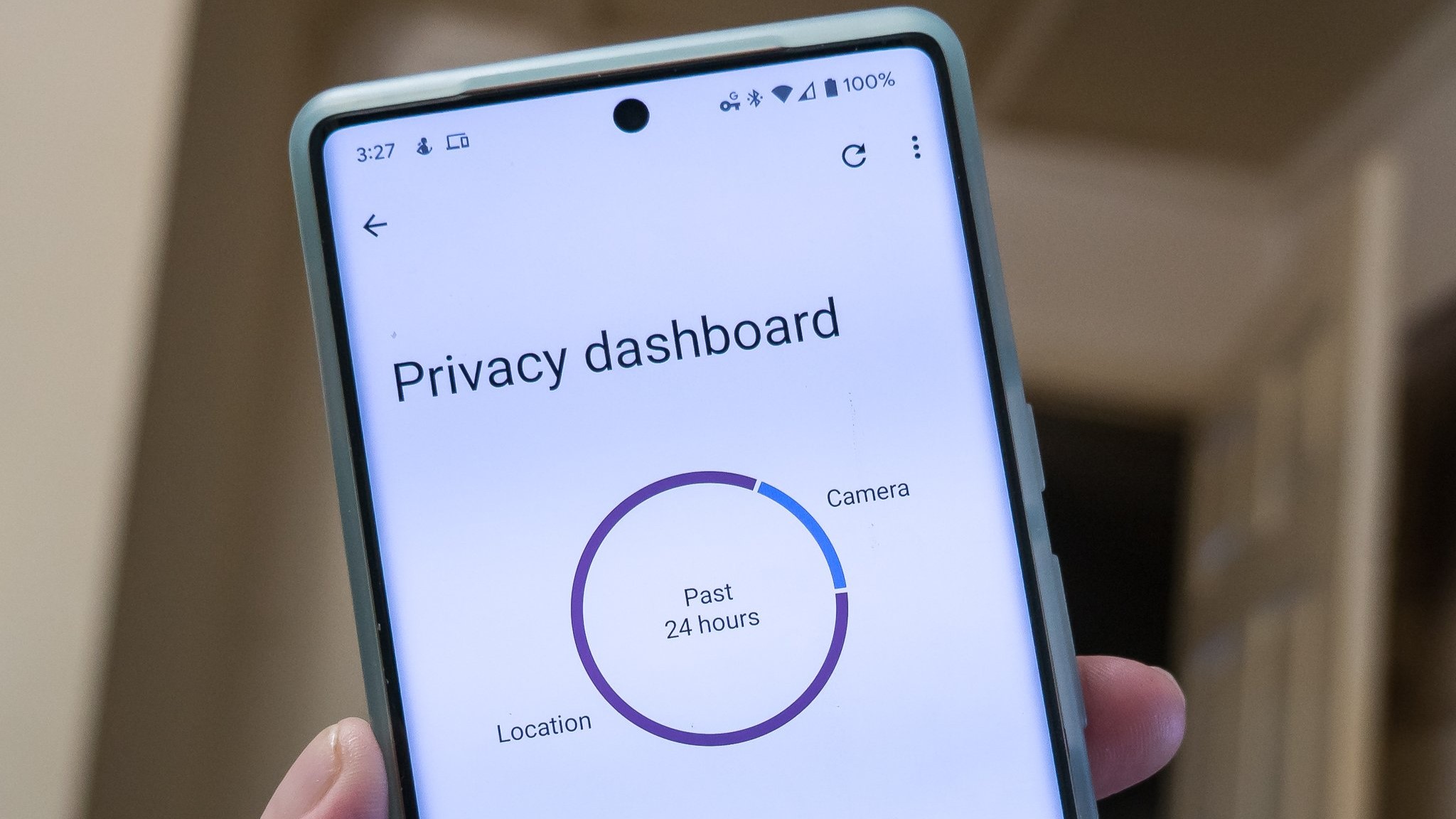
Most times, we see apps sending data back to a server instead of an actual remote interface where someone else can connect. I've run into this a few times and even raised my concerns about it with hardware manufacturers. Each time, I've been told the same thing: we have to do that for devices sold in China.
Sometimes, these issues get fixed for the Western market; sometimes, they are ignored. Either way, it brings up another question — is it more or less safe for China to keep a close eye on how you use your device versus the surveillance done by other countries, such as the U.S.?
Most governments do a fair bit of tracking your internet footprint, even if they make it illegal for third parties to do it. Unless you're breaking the law, I wouldn't be overly concerned. It sounds horrible, but none of us are important enough for some government worker bee to sort through everything they have on us.
Chinese companies make some of the best Android phones out there; often better than anything you'd find in the West. My best advice here is to not be a super-early adopter and read what other people are finding under the hood. That's what I do!
Uninstall leftover apps
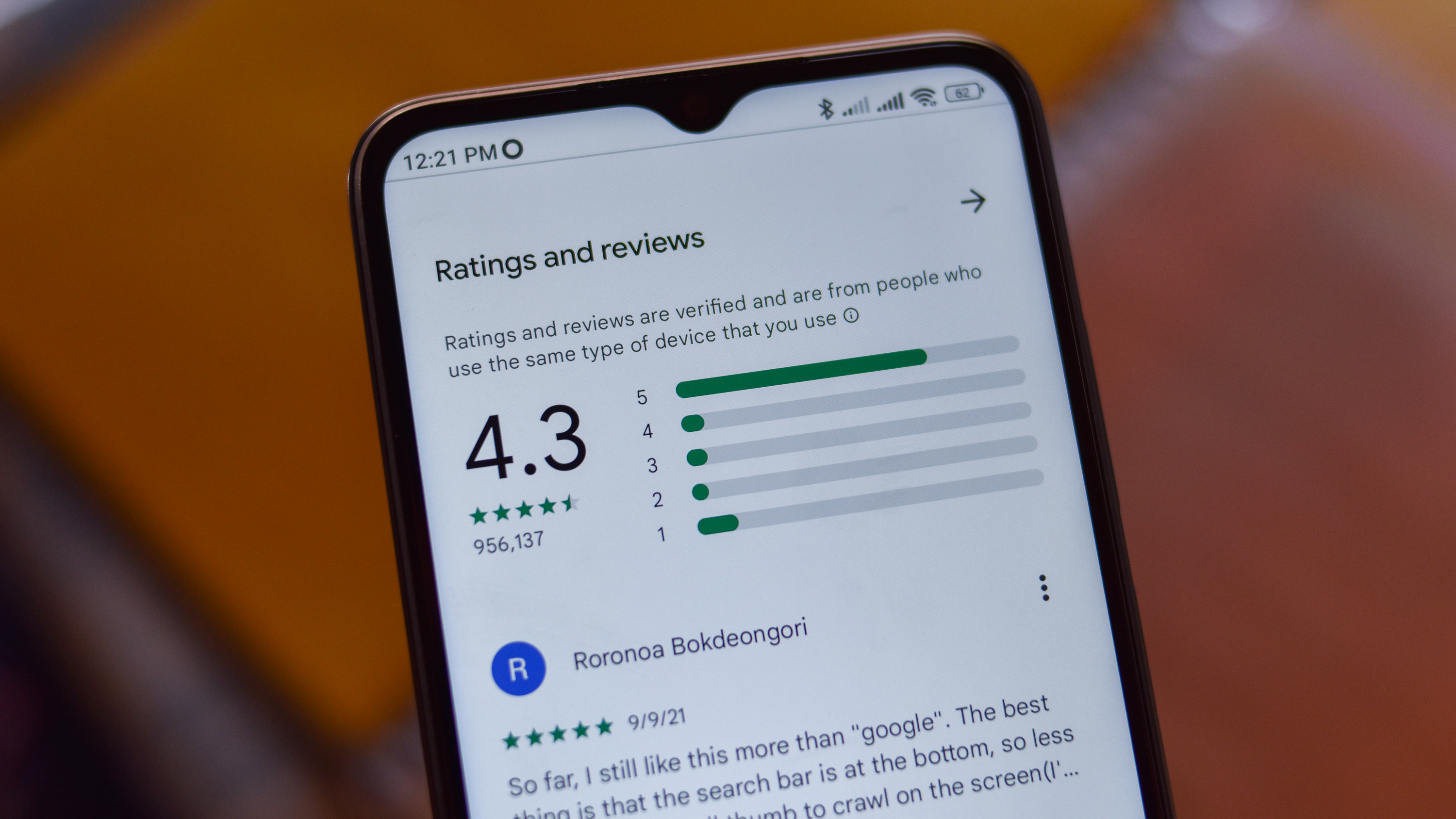
Jonas writes:
Sometimes, I install and uninstall apps and games on my midrange phone and tablet. Does uninstalling apps and games mean that all the occupied memory gets deleted or are some of it still left in the mobile phone or tablet?
If so, how can I clear up all the used memory that still occupies my phone?
I think most of us have run out of space on a phone or tablet at least once. Complaints about the issue are what prompted hardware makers to finally offer more space on the products. Since that usually means you must pay a little extra, knowing how to free up storage is important.
The short answer is yes, all the data for an app gets deleted when you uninstall it. At least, that's how it is supposed to work.
When you uninstall an app, only the app's private directory is removed by the system. This is where a developer is supposed to store everything, but the rule is often ignored.
Plenty of apps also store data in directories and folders outside of their own private space. It could be useful; say you have an app that finds wallpapers you can save to your device, but often it's done because it's a way to share data with other apps while not breaking any of Google's rules about storage. As long as the permissions are applied correctly, no rules are broken. This data is going to stick around when you uninstall an app.
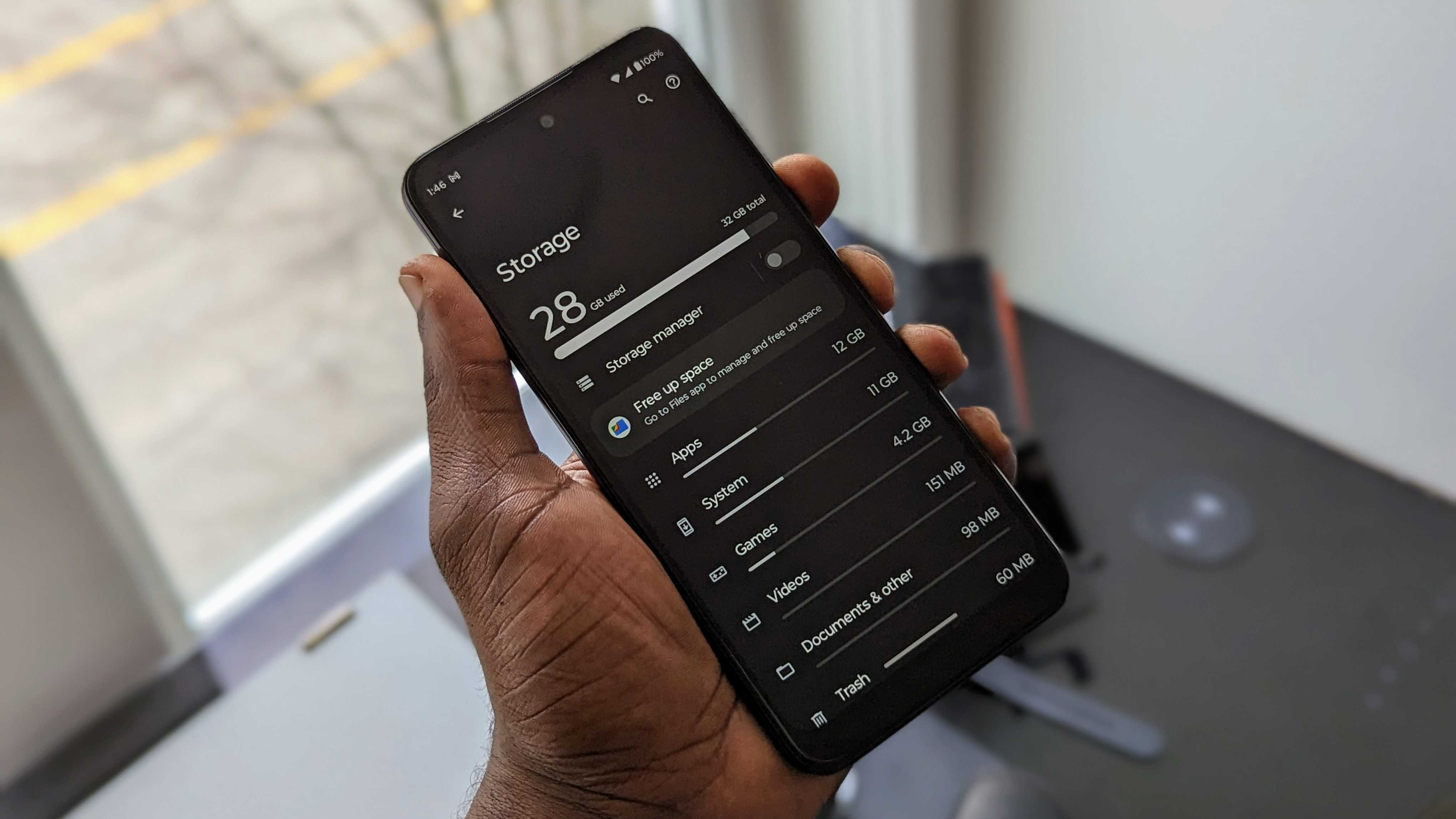
The good news is that it's fairly easy to fix. You'll need an app that can dig through these public folders to find orphaned data. I've used SD Maid, and its "Corpse Finder" tool ferrets out orphaned data very well. I'm sure other apps can do the same. Note that you'll probably have to pay a few dollars for the full version of this sort of app to unlock all the features.
Now is a good time to mention we should support developers who save data the right way. That means placing it in the private folder and storing settings or game progression in your Google Drive account. Every Google account gets a free space in Drive for this purpose, and we don't have to do anything to use it. It just works.
It's also worth remembering that a few bytes of data here or there doesn't amount to much. Nothing should be left behind, and skirting the rules to track us is terrible, but unless the leftovers are substantial in size, it doesn't make much of a difference.
Hope that helps!

Jerry is an amateur woodworker and struggling shade tree mechanic. There's nothing he can't take apart, but many things he can't reassemble. You'll find him writing and speaking his loud opinion on Android Central and occasionally on Threads.
You must confirm your public display name before commenting
Please logout and then login again, you will then be prompted to enter your display name.
